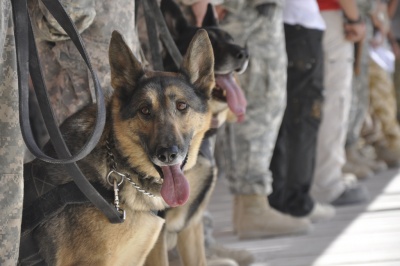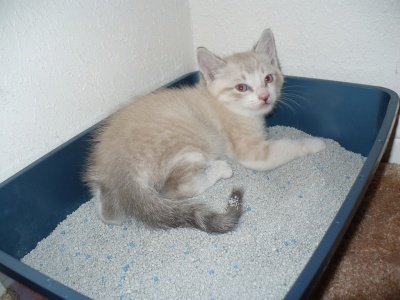Many people do not know whether or not their pets are considered “senior.” Cats and dogs are generally considered senior somewhere around age 7. For larger dogs, it is more like 5 0r 6 and smaller dogs may not be considered senior until age 8 or 9. At your regular check-ups at the vet, ask him or her when your pet begins aging and how to adjust his diet accordingly.
An aging dog may exhibit some or all of these symptoms: slowing down, graying around the face and muzzle, reduced hearing, cloudy or bluish eyes, and muscle atrophy. Cats may exhibit all of these symptoms and may also exhibit a thinning of the iris.
Older dogs need a greater amount of protein. Avoid low-cost economy prepared foods and purchase the high-end dog foods, which contain additional vitamins and supplements that are beneficial to senior dogs. In addition, you can feed your dog easily digested proteins such as yogurt.
For cats, a diet with extra fiber (one-half teaspoon of psylium fiber a day) can help prevent hairballs. Supplements such as chondroitin sulfate, antioxidents and glucosamine help slow the aging process, the onset of joint disease and resulting inactivity.
Related articles:
External links:



